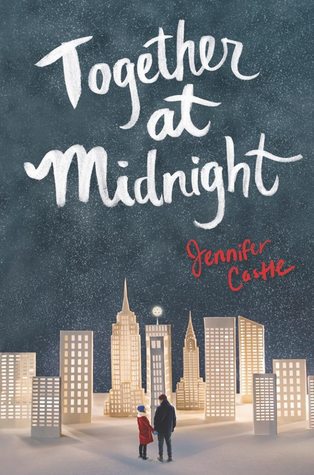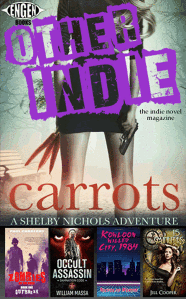 To a certain extent, writers are concerned with identities. Those of their characters, of themselves towards those characters, towards the written work itself, towards all the possible perceptions of their own self, their being-in-writing and so on. In Book of Numbers by Joshua Cohen, one of the protagonists, also named Joshua Cohen, is a struggling writer given a job of ghostwriting an autobiography of the in-novel Google-equivalent’s creator whose name is Joshua Cohen as well. Obviously, a lot to say about identities:
To a certain extent, writers are concerned with identities. Those of their characters, of themselves towards those characters, towards the written work itself, towards all the possible perceptions of their own self, their being-in-writing and so on. In Book of Numbers by Joshua Cohen, one of the protagonists, also named Joshua Cohen, is a struggling writer given a job of ghostwriting an autobiography of the in-novel Google-equivalent’s creator whose name is Joshua Cohen as well. Obviously, a lot to say about identities:
Fiction writers mistrust the truth, nonfiction writers swear by it, while ghostwriters – who are typically laidoff journalists with novels in the drawer – are divided down the middle. And even that division is split. By which I mean, the relationships I’ve had with my ghostees have always replicated. What happens is I end up rewriting everybody, and so I become rewritten myself. Haunt the lives of controlfreaks, egomaniacs, career narcissists and solipsists, your lovers, your wife, your mother, and you become them too, inevitably.
(In the book, the above fragment is crossed out in an experimental-typographical manner, I spared that for the comfort of reading). I’d argue that such rewriting occurs within any kind of writing. Writing is always some kind of dealing with one’s own ideas which obtain more apparent, material form when voiced through a text. That way, they can be analyzed again and may change one’s perception of themselves or their surrounding world.
Writing in the Information Age (we’re still in that one, right?) is obviously complicated by the new media’s informational chaos. Cohen-the-protagonist-writer’s debut novel was unfortunately published on 11th Sept. 2001, when everyone were pretty much concerned with other topics. A lot is said about the development of Internet itself and other connected technologies. There’s something about religion and mysticism, also with its relation to technology. And there’s other stuff, too.
Generally, the book seems to be flawed in that it’s kind of all over the place thematically. I’m a bit disappointed as I expected a lot from a novel which was to be like “Philip Roth’s work (…) fired into David Foster Wallace’s inside the Hadron particle collider.” I don’t want to condemn it totally. It’s very in my taste, experimental, metafictional, well-researched. Maybe it’d need a better editor, or something. Entropy is mentioned several times in the plot, so maybe that’s a clue? I’m not sure, though. I’ll give it a second chance in the future; at least, I really want this book to captivate me.
Advertisements Share this:




